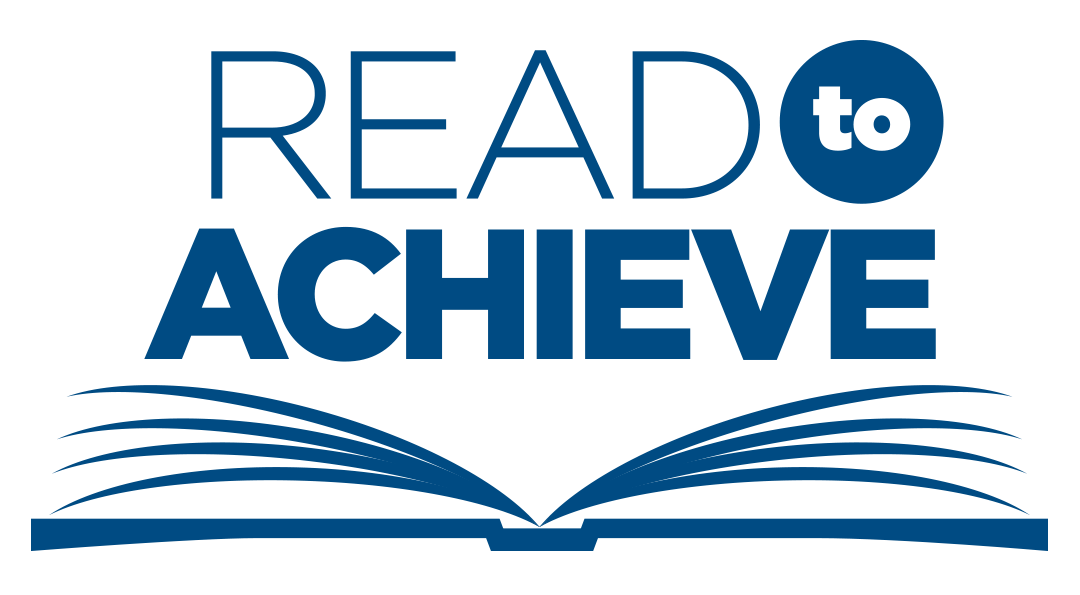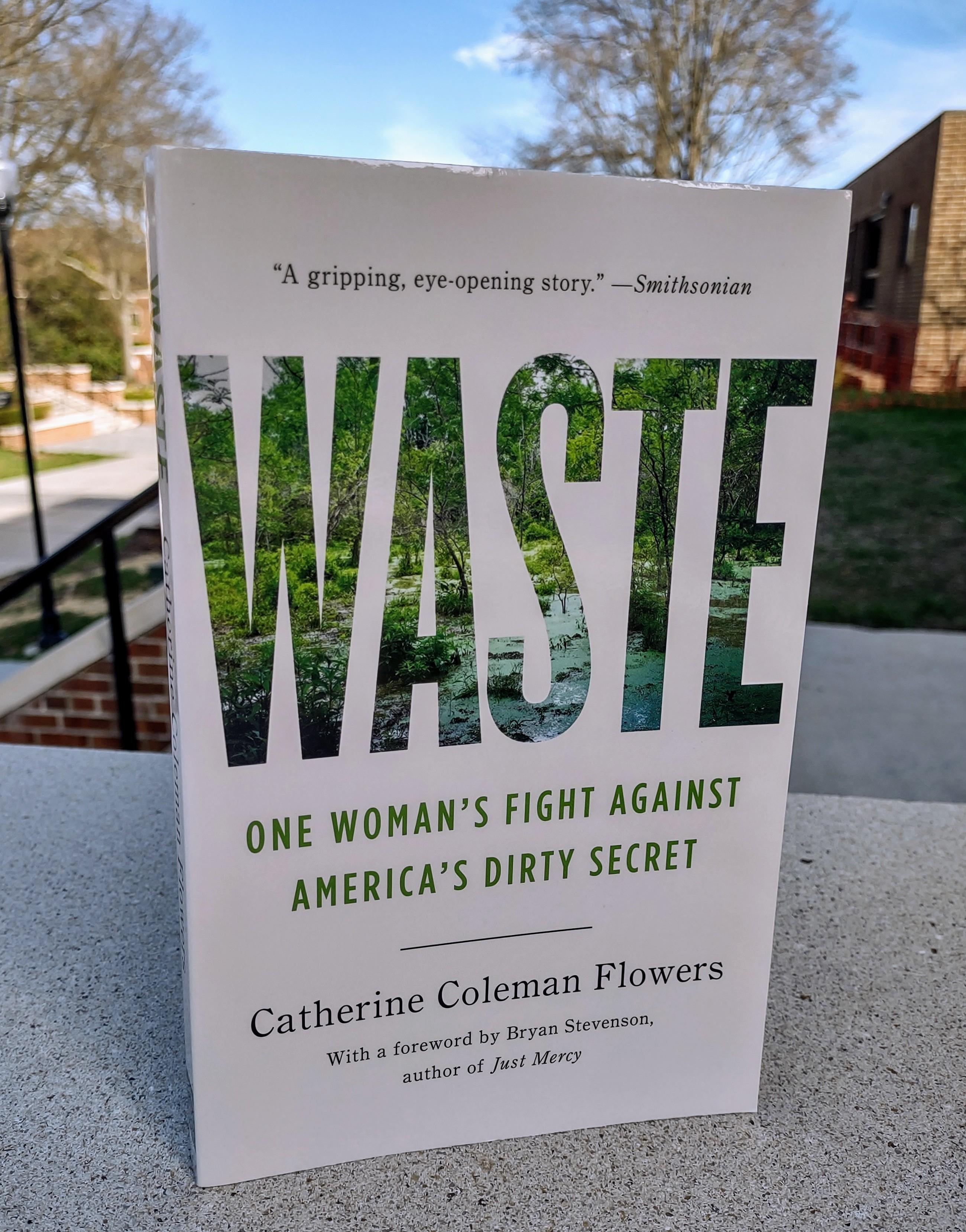Read to Achieve

All about Read to Achieve
The Read to Achieve program at UTC introduces students to the academic and intellectual culture of university life. The program provides a positive reading experience for students, faculty, and staff, one that holds at its core the belief that reading is an integral part of the university experience. Likewise, the program fosters a sense of community among students, faculty, and staff.
Because the selected Read to Achieve book is not intended to be specific to any one academic discipline, students, faculty, and staff find the book and its subject matter a touchstone for reference and discussion across the campus. The chosen book always focuses on various topics surrounding diversity and inclusion.
About the Book and its author
The Read to Achieve Steering Committee is pleased to announce the selection of Waste: One Woman’s Fight Against America’s Dirty Secret, by Catherine Coleman Flowers, as the Read to Achieve text for 2024-2025.
New Press writes, “Catherine Coleman Flowers, a 2020 MacArthur “genius,” grew up in Lowndes County, Alabama, a place that’s been called ‘Bloody Lowndes’ because of its violent, racist history. Once the epicenter of the voting rights struggle, today it’s Ground Zero for a new movement that is also Flowers’s life’s work—a fight to ensure human dignity through a right most Americans take for granted: basic sanitation. Too many people, especially the rural poor, lack an affordable means of disposing cleanly of the waste from their toilets and, as a consequence, live amid filth. Flowers calls this America’s dirty secret.
In this ‘powerful and moving book’ (Booklist), she tells the story of systemic class, racial, and geographic prejudice that foster Third World conditions not just in Alabama, but across America, in Appalachia, Central California, coastal Florida, Alaska, the urban Midwest, and on Native American reservations in the West.”
The Read to Achieve Selection Committee felt that Waste would introduce UTC students to conversations in and around environmental justice. The committee felt that this text is rich for program development and has a connection to multiple programs and minors, such as political science and public service, environmental science, civil engineering, and economics, to name a few. Committee members are considering a speaker series with the author and one or more of the figures featured in the book itself. If you have suggestions, please reach out to us!
Spring Semester Book Clubs
We will be offering Waste book clubs this spring term for faculty and staff. Book clubs can focus on a variety of approaches: discussing book content, developing activities and events with Read to Achieve, integrating all or portions of the book into coursework. If you’re interested in leading any of these types of book clubs, please contact Dr. Jennifer Stewart.
Book clubs will be offered in March and April. Watch UTCINFO for date, time, and modality announcements!
The Steering Committee would like to thank the volunteers who served on the Selection Committee: Arts-Based Collaborative faculty Laurie Allen, Management faculty Harry Van Buren III, Experiential Learning Coordinator Bengt Carlson, Instruction Librarian Virginia Cairns, Access and Engagement Director of Engagement Bryant D. Fairley, English faculty Devori Kimbro, Assistant to CAS Dean McKenzi Marlow, and Director of Campus Recreation Cindy Strine. This year, the Selection Committee reviewed and discussed the 26 nominations by UTC faculty, staff, and students. After reviewing the nominations using the Read to Achieve criteria, they read the top five selections and ultimately selected Waste. We appreciate your hard work.
